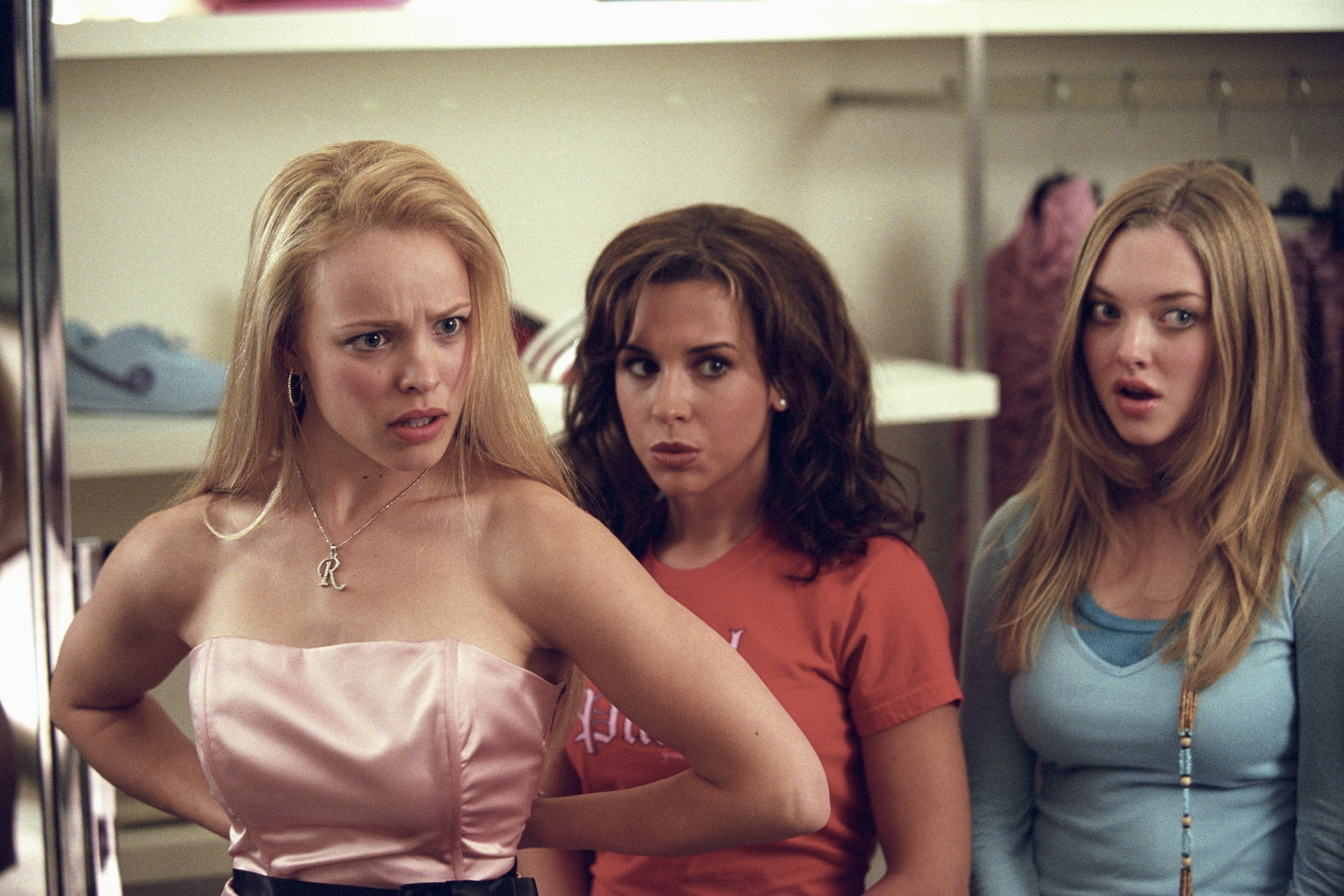The secret to being popular is acting like characters in 'Mean Girls'
Researchers found those who balance forceful behaviour with acts of kindness are most popular

Your support helps us to tell the story
From reproductive rights to climate change to Big Tech, The Independent is on the ground when the story is developing. Whether it's investigating the financials of Elon Musk's pro-Trump PAC or producing our latest documentary, 'The A Word', which shines a light on the American women fighting for reproductive rights, we know how important it is to parse out the facts from the messaging.
At such a critical moment in US history, we need reporters on the ground. Your donation allows us to keep sending journalists to speak to both sides of the story.
The Independent is trusted by Americans across the entire political spectrum. And unlike many other quality news outlets, we choose not to lock Americans out of our reporting and analysis with paywalls. We believe quality journalism should be available to everyone, paid for by those who can afford it.
Your support makes all the difference.The secret to being popular is acting like Regina George, according to a new study, which found people who are feared and loved end up with the most friends.
Researchers attempting to understand teen popularity concluded the answer is similar to the behaviour portrayed in the film Mean Girls - and that “Machiavellian-like” teens who are loved and feared in equal measure are the most popular.
Previously, studies have found that popularity is often achieved by either those who are aggressive or outgoing.
These findings have shown that aggressive popular teens become and stay popular through coercion while outgoing and fun teens reach the same result through cooperation.
However, researchers from Florida Atlantic University (FAU) and the University of Montreal recently set out to see whether there was a third type of popularity.
To study popularity in teens, the researchers followed more than 560 secondary school students with a median age of 13 over a two-year period, with classmates identifying those who were aggressive, those who were prosocial or outgoing, and those who were both.
Professor Brett Laursen, co-author of the study, which was published in the journal Child Development, said: “Adolescents place a lot of emphasis on popularity and they are keenly aware of the difference between being liked and being popular.
“If forced to choose, many opt for popularity.”
As the researchers hypothesised, the results revealed three distinct groups of popular adolescents - prosocial popular, aggressive popular, and bi-strategic popular or “Machiavellian”.
Of them all, the Machiavellian group had the highest level of popularity, and were found to be above average on physical and relational aggression, as well as on prosocial behaviour.
According to the researchers, the reason this particular group is so popular is because these teens maintain their popularity by balancing forceful behaviour, needed to maintain power, with careful acts of kindness.
“Just like the mean girls in the iconic American teen comedy, this group of teens can be aggressive when needed and then quickly ‘make nice’ to smooth out any ruffled feathers,” Professor Laursen explained. “Bi-strategic adolescents are noteworthy not only for their very high levels of popularity, but also for the way that they balance getting their way with getting along.”
Interestingly, the researchers found that those in the Machiavellian group were “less prosocial than prosocial popular adolescents, but at the same time less physically and relationally aggressive than the aggressive popular adolescents”.
While prosocial popular adolescents were well-liked and well-adjusted, and aggressive popular adolescents were neither, Machiavellian-like teens were found to be viewed by peers as disruptive and angry, but otherwise well-adjusted.
Of the findings professor Amy Hartl, senior study author from FAU, said: “Prosocial popular adolescents are well-adjusted while aggressive popular adolescents are troubled on many fronts.
"The prognosis for bi-strategic popular youth is mixed.
“Their well-adjusted social and emotional profile coupled with a moderate propensity for social dominance and rule breaking may prove good or bad depending on the environment, thus providing hope for positive long-term adjustment and concern for the same."
Join our commenting forum
Join thought-provoking conversations, follow other Independent readers and see their replies
Comments